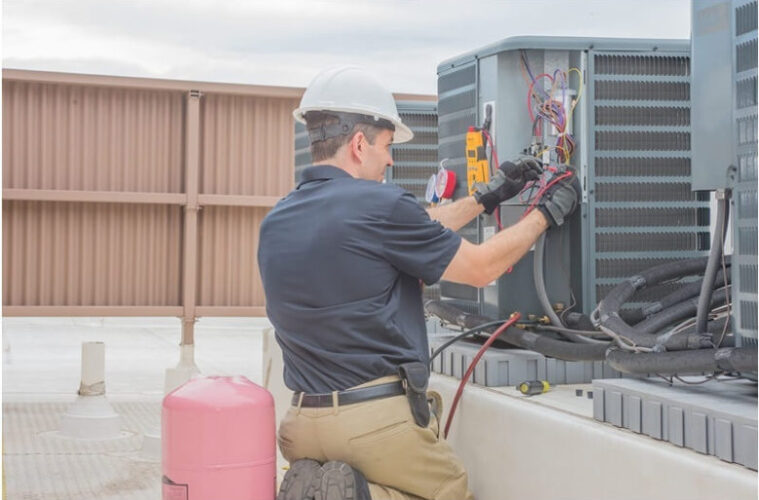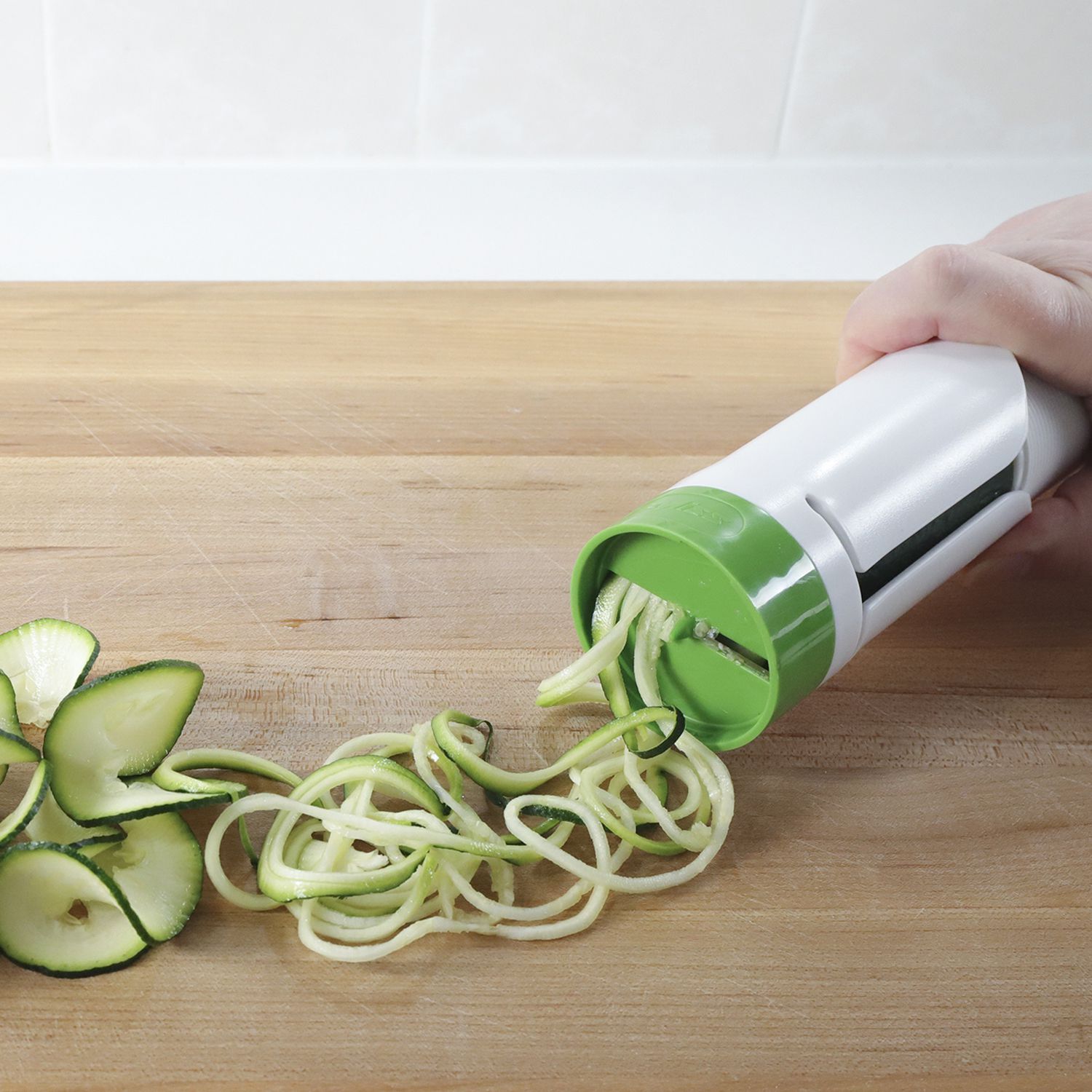To most people, the inner workings of air conditioners and heating systems are akin to magic. They bask in these devices’ comfort without fully understanding the intricate dance of science behind the scenes. The U.S. Department of Energy report shows that 75% of American homes boast air conditioning units, devouring approximately 6 percent of the nation’s total energy output. With a yearly spending of around $29 billion on energy-related to temperature control, homeowners must comprehend the nuances of HVAC efficiency.
Frequent Air Filter Changes
One of the simplest yet often overlooked aspects of maintaining HVAC efficiency is the regular replacement of air filters. The general rule of thumb is a monthly replacement, but variations may occur based on factors like location and the presence of contaminants. A dirty filter compromises air quality and forces the system to work harder, potentially escalating energy bills.
Right-sizing HVAC Units
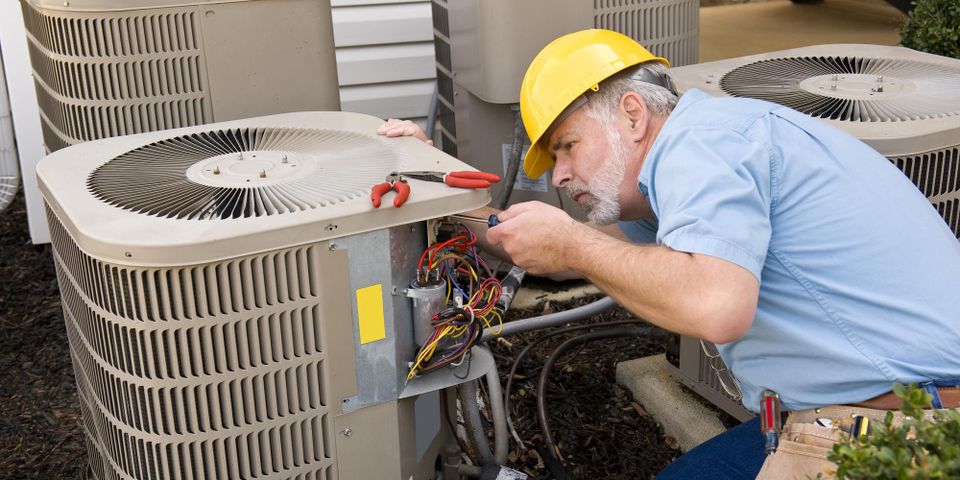
source: pinterest.com
Selecting the appropriate size for your heating and cooling unit is critical. Factors such as the property’s structure, insulation, and attic space play vital roles. An oversized unit leads to excess humidity, fostering mold and moisture issues, while an undersized one strains to keep up, resulting in higher energy consumption. Consulting a qualified technician is essential for determining the ideal unit size.
Tandem Replacement of Indoor and Outdoor Units
When contemplating the replacement of your HVAC system, it’s essential to understand that indoor and outdoor units work in harmony. Replacing only one component can lead to reduced efficiency and performance. Simultaneous replacement ensures optimal compatibility, and purchasing both units together often has the advantage of a comprehensive warranty covering the entire system.
Off-season Unit Covering
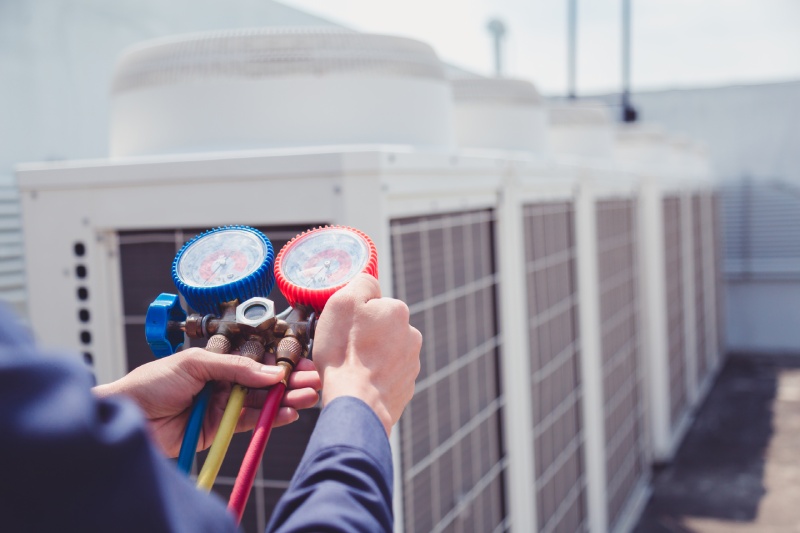
source: pinterest.com
While covering your HVAC unit during the fall and winter protects it from debris, caution is necessary. Operating the unit with the cover in place can cause complications. Covering is advisable if planning an extended trip and intending to turn off the system, but disconnecting the power source is crucial to prevent accidental operation.
Transitioning from R-22 to R410A
The phasing out of R-22 refrigerant and equipment, in adherence to Montreal Protocol regulations, underscores the importance of transitioning to R410A. As the availability of replacement parts and refrigerants for R-22 units diminishes, pre-emptively replacing the unit can save both headaches and costs.
Combatting Freezing Woes
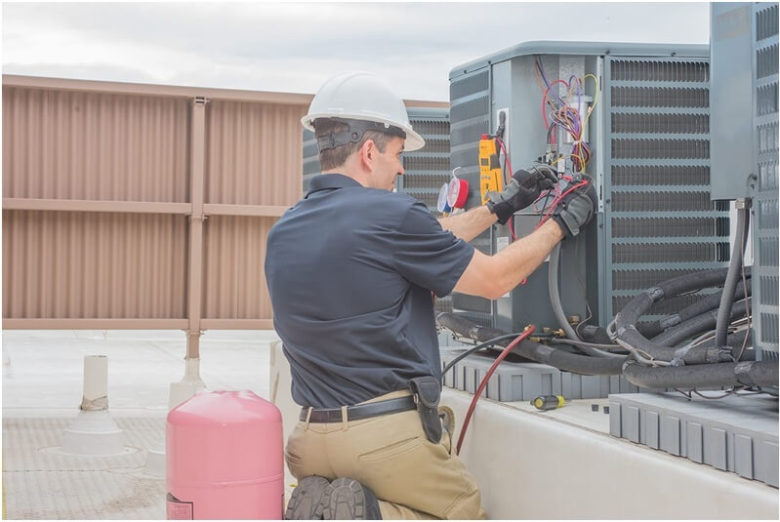
source: pinterest.com
A less common but potentially troublesome issue for HVAC systems is freezing. A frozen unit reduces efficiency and, if addressed, causes significant damage. Low refrigerant levels, often due to wear and tear causing leaks, can result in low pressure within the system and subsequent freezing. When refrigerant levels drop, the expanding substance leads to cooler temperatures, causing moisture around the evaporator coil to freeze.
Understanding these considerations enhances HVAC efficiency and promotes longevity and cost-effectiveness. Homeowners can make informed decisions, fostering a symbiotic relationship between comfort and efficiency. By checking out airdynamics.com paying attention to these critical factors, individuals can ensure that their HVAC systems work seamlessly, contribute to energy conservation, and save in the long term.

